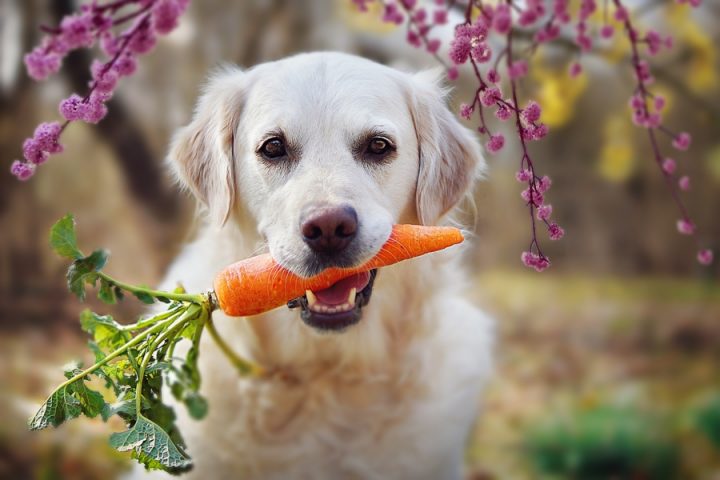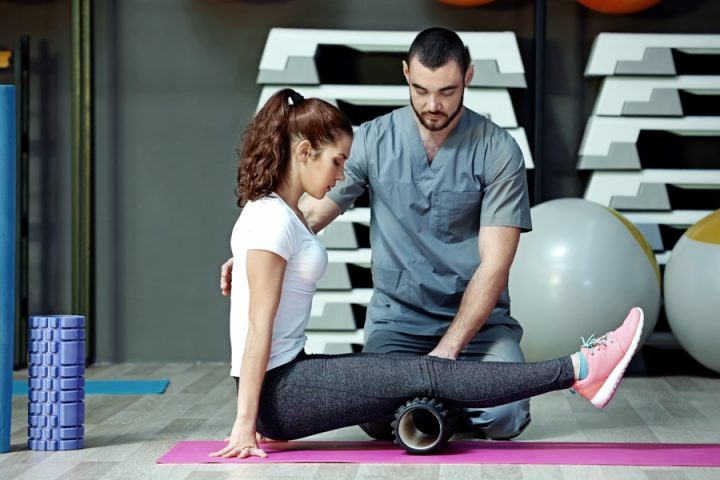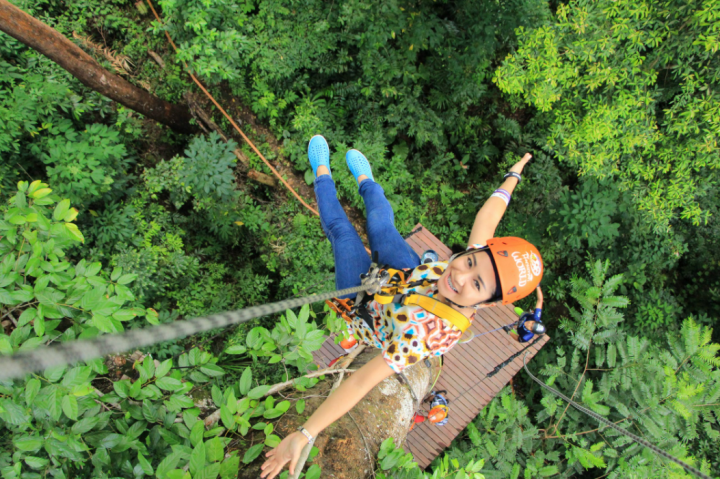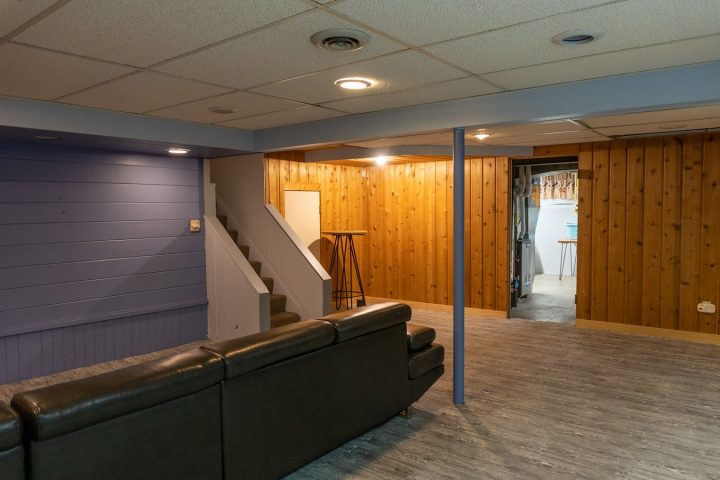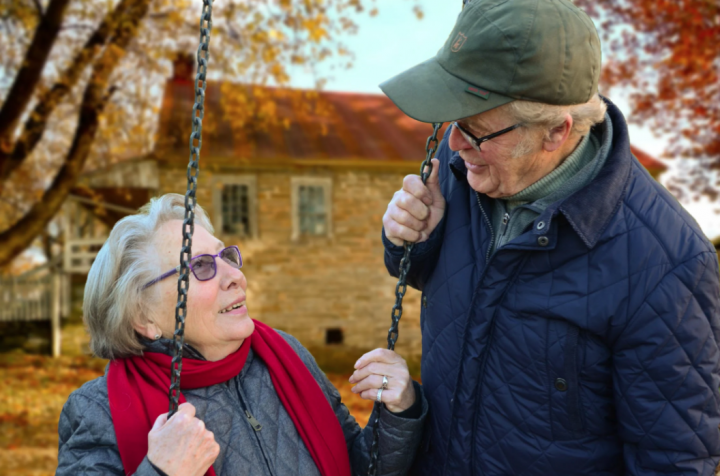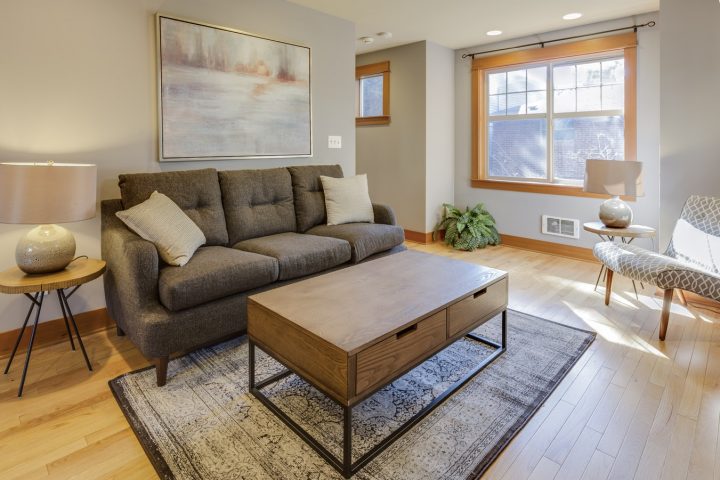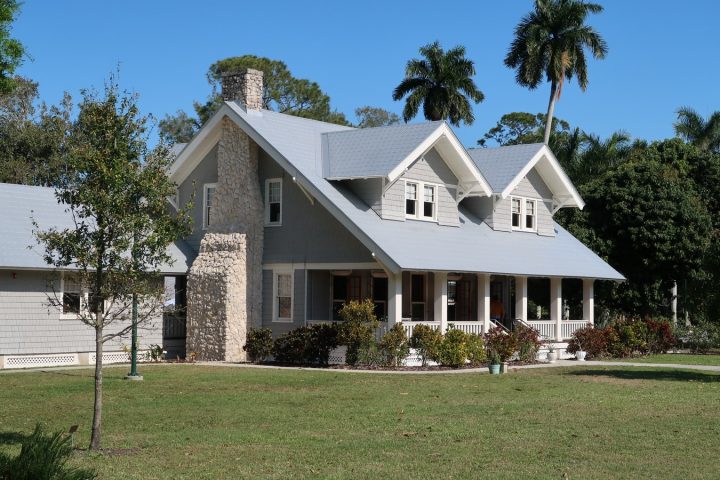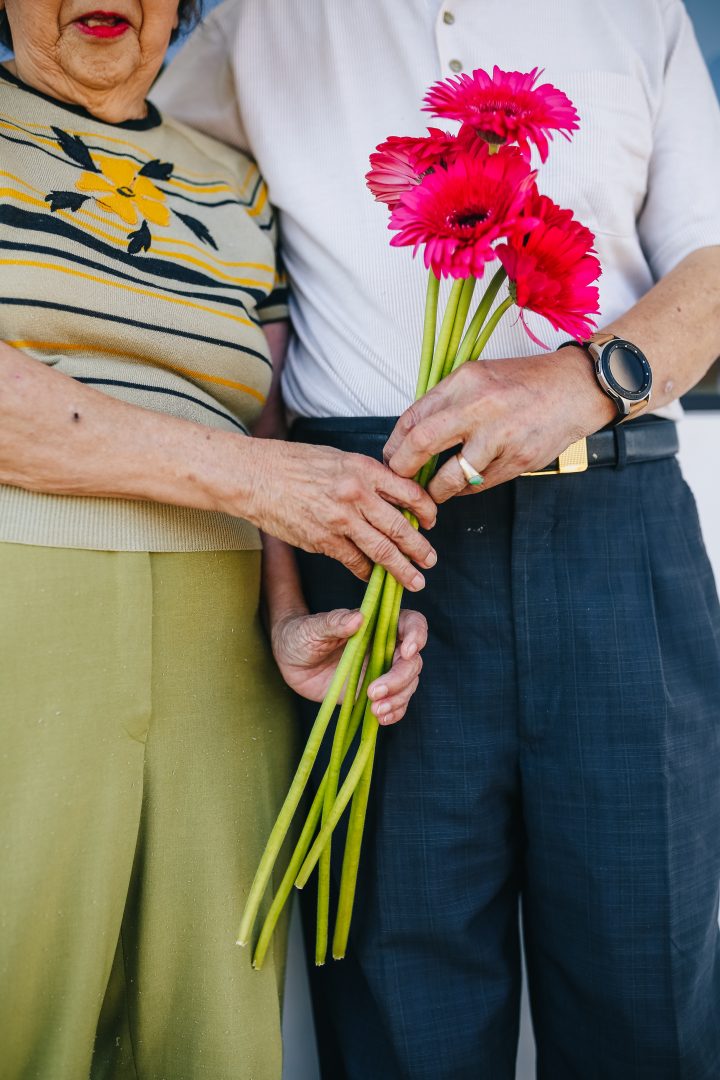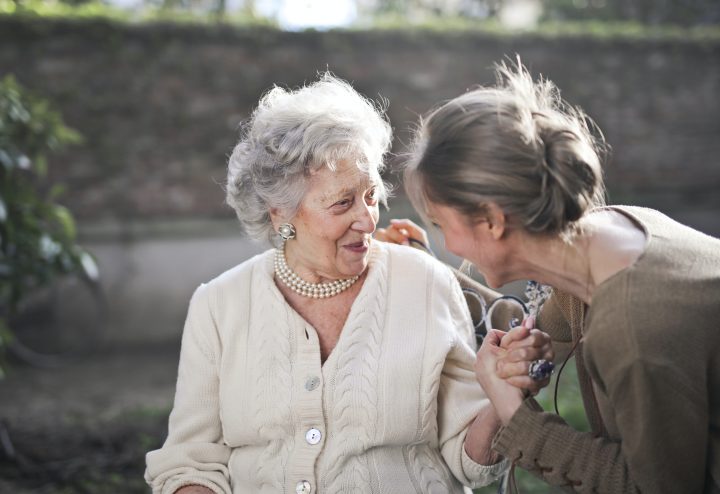If you’re a dog owner, then you have an interest in the health and wellbeing […]
Regular exercise can have a huge positive effect on your body and mind, boosting your […]
Traveling allows you to see many different parts of the world firsthand. You get to […]
While a typical basement is cold and dark, a finished basement can be one of […]
Everyone needs a place to live. As you get older, though, what you need out […]
When you are ready to sell your townhome, you can do several things to get […]
Loan modifications are now a popular approach for homeowners who are unable to afford mortgage […]
Aging causes a number of changes that can lead to increased risk for accidents, injuries […]
One of the most utilized and beloved rooms in any home is the kitchen. Renovation […]
More seniors are choosing to live independently in their own homes for a longer period […]
There are a lot of reasons why the power grid can go out, leaving your […]
Accidents can happen anywhere, even at work. When they do, there are certain steps you […]

